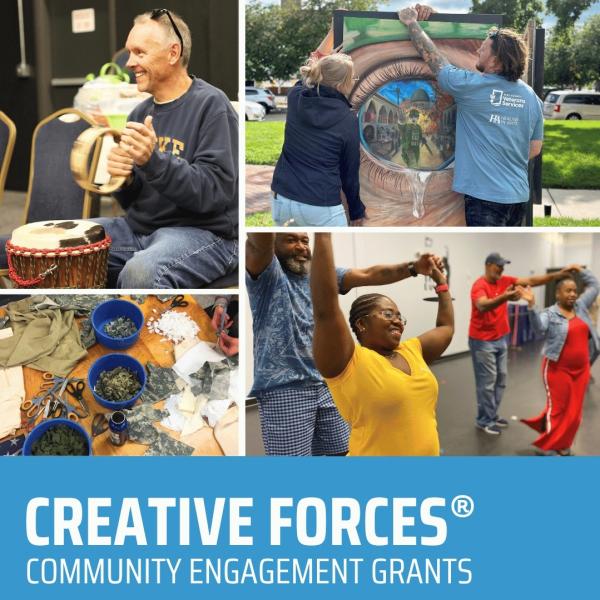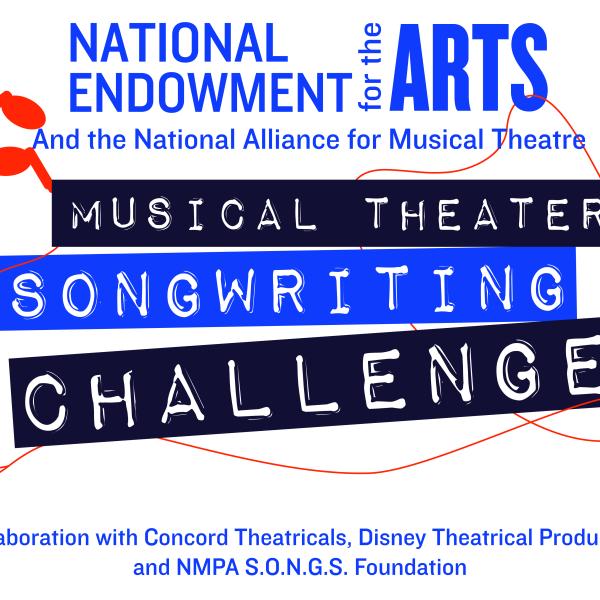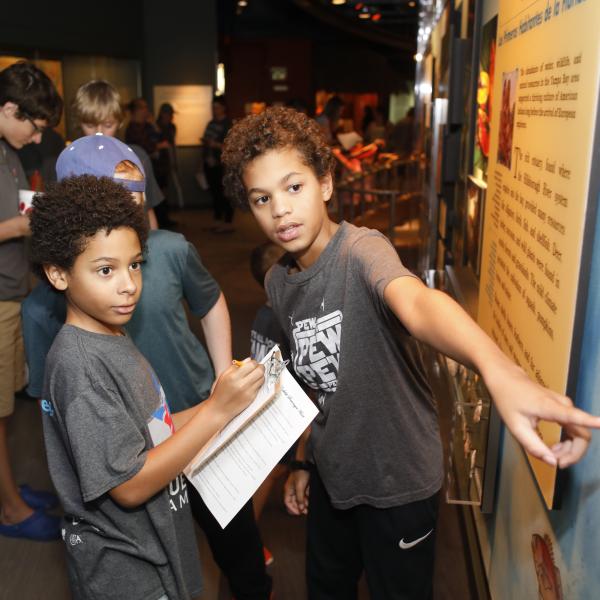Federal Support for Creative Writing Fellowships Announced

Washington, DC— The National Endowment for the Arts (NEA) will award individual creative writing fellowships of $25,000 each to 37 fiction and creative nonfiction writers from 17 states as part of its first FY 2016 grant awards. Through its creative writing fellowships program, the NEA gives writers the time and space to create, revise, conduct research, and connect with readers. This year’s writers were selected from among 1,763 eligible applications by 23 readers and panelists.
“Since its inception, the creative writing fellowship program has awarded more than $45 million to a diverse group of more than 3,000 writers, many of them emerging writers at the start of their careers,” said NEA Director of Literature Programs, Amy Stolls. “These 37 extraordinary new fellows provide more evidence of the NEA’s track record of discovering and supporting excellent writers.”
Some of this year’s fellows will be familiar to those who enjoy contemporary fiction. Those writers include Anthony Marra, author of A Constellation of Vital Phenomena; Téa Obrecht, author of The Tiger’s Wife; and Paul Harding, author of Tinkers which won the Pulitzer Prize in 2010. Other fellows in this group do not share the same level of public recognition—yet.
The fellows represent an impressive range of perspectives, interests, and writing styles. Some examples:
- Before Mario Alberto Zambrano of Texas became a writer interested in exploring his Mexican-American roots, he was a professional dancer with Chicago’s Hubbard Street Dance Company.
- Born in Iran on the eve of the Islamic Revolution, Laleh Khadivi of California explores the experiences of immigrants, refugees, and ex-pats in her writing and through film.
- In her memoir The Sound of a Wild Snail Eating, Elisabeth Tova Bailey writes about her year-long, debilitating illness and observations of a snail by her bed in Maine.
2016 NEA Creative Writing Fellows in Prose
Visit the Writers’ Corner to learn more about previously-awarded creative writing fellows. Literature Fact Sheet Strengthening Our Creative Capacity and America's Future: An NEA motion graphicContact
Victoria Hutter, hutterv@arts.gov, 202-682-5692




